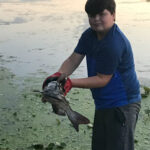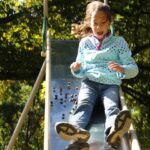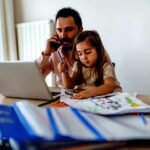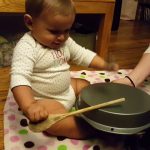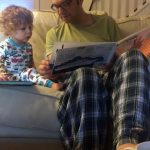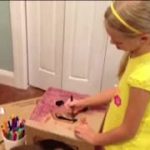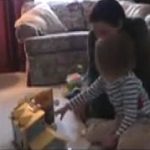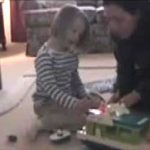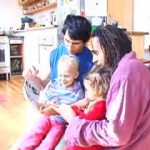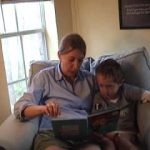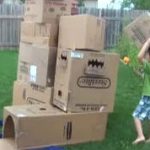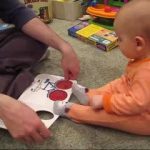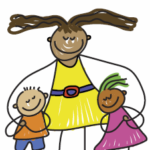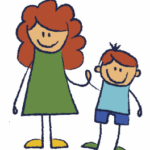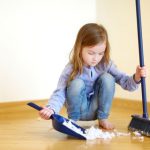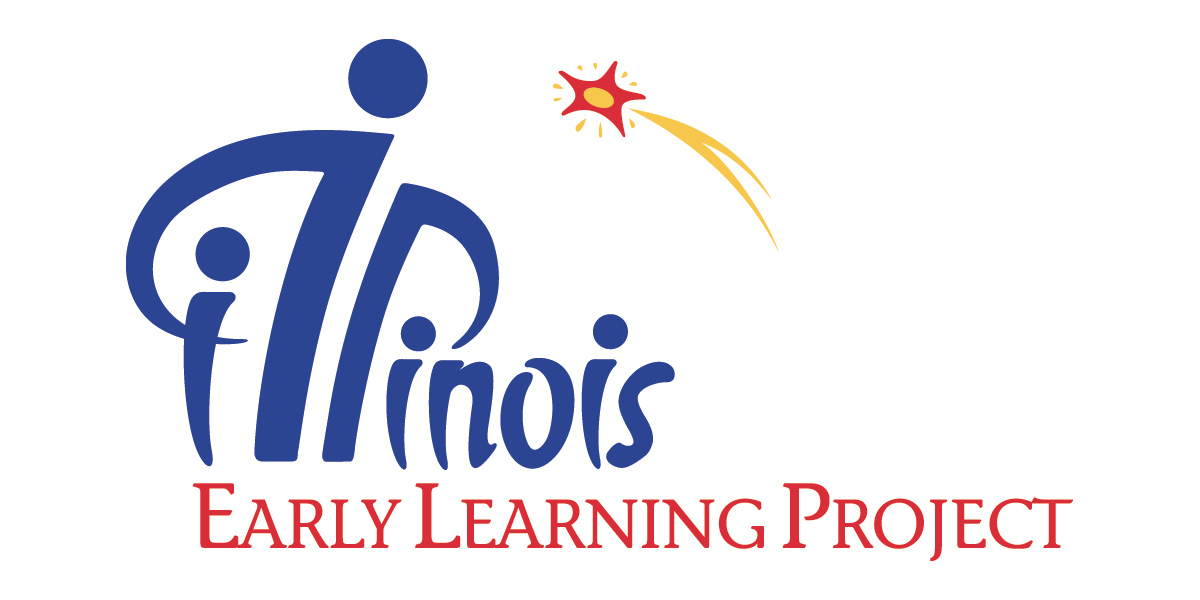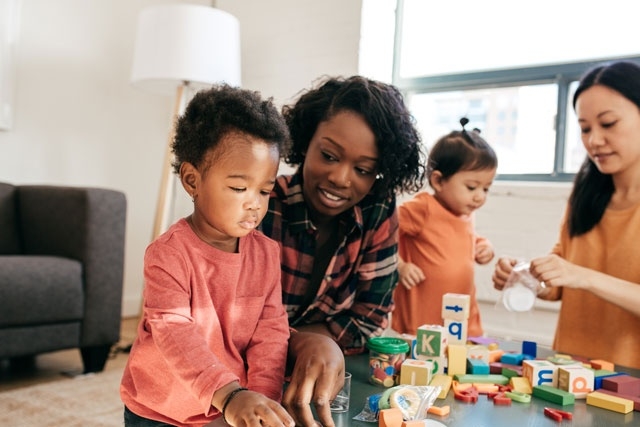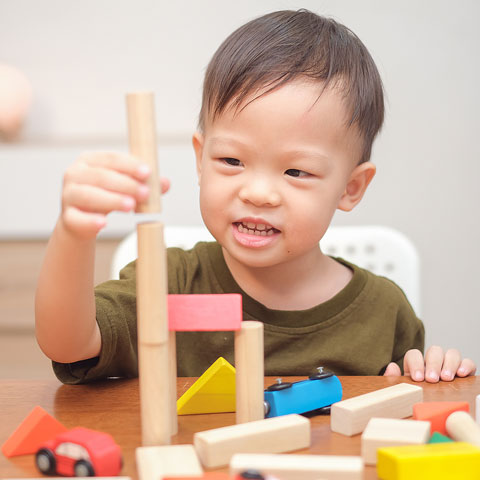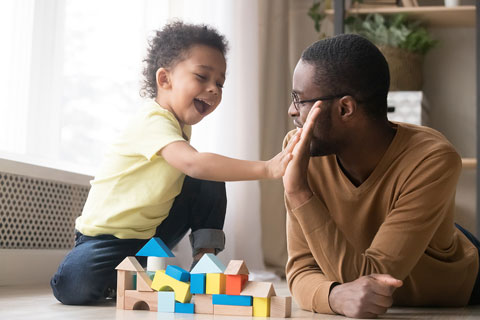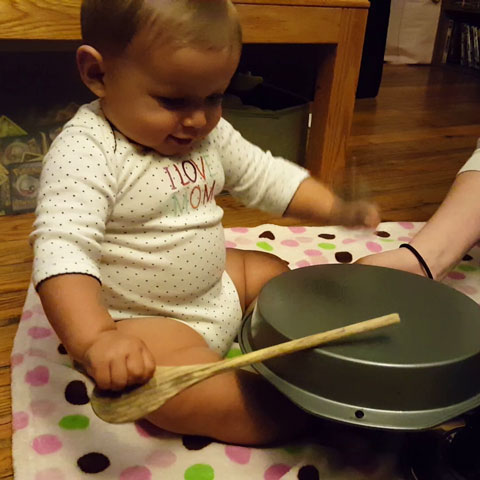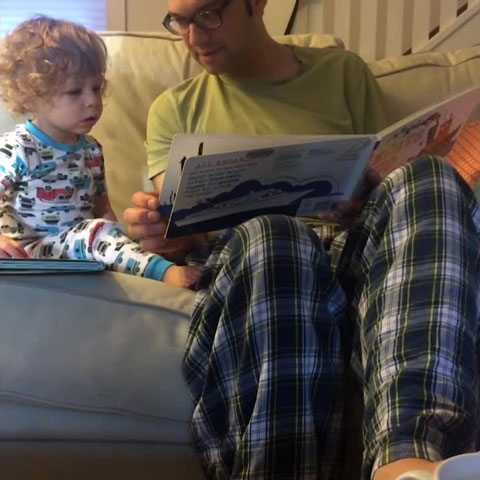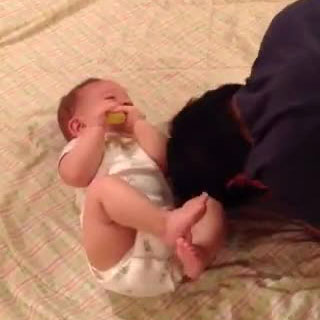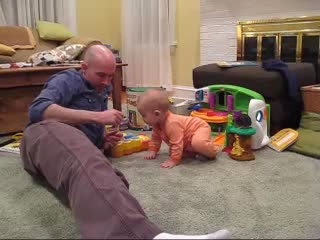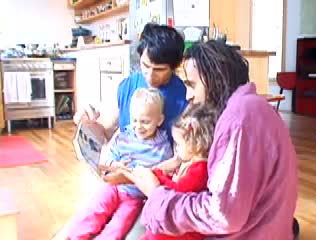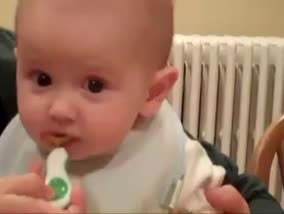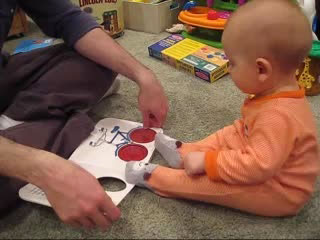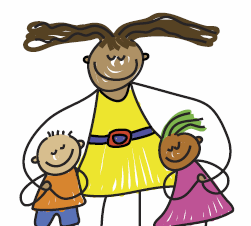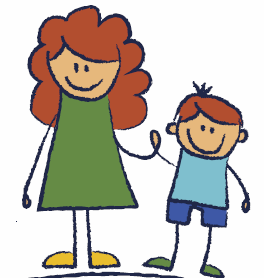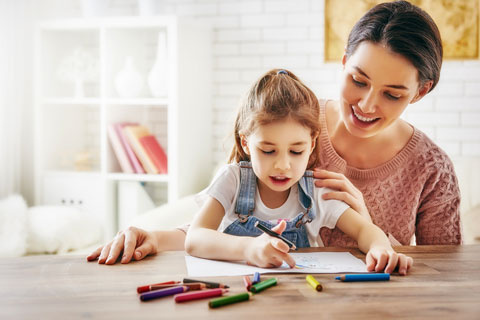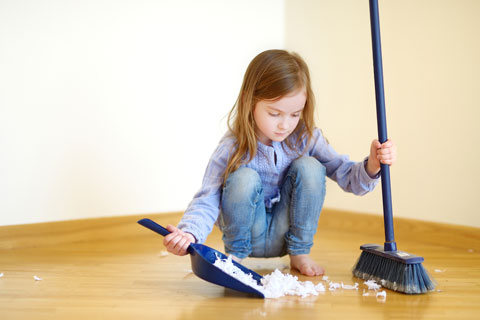Keyword: Family Activities
-

Community Resources for Illinois Families
This list provides information about community resources for families in Illinois.
-
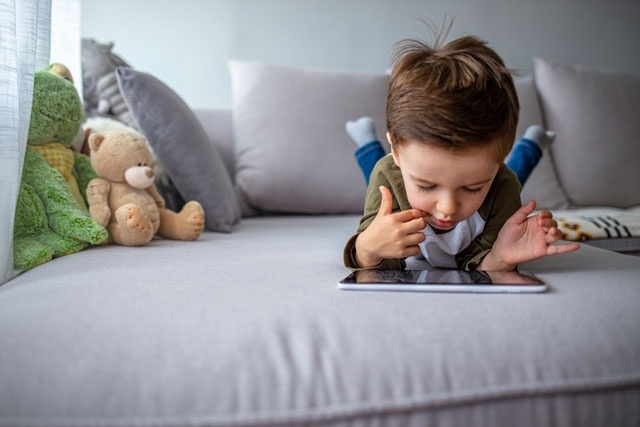
Big Tech and Small Children
Most young children interact with some form of technology in our modern lives. This tool kit gives parents and educators recommendations for technology use, how to get involved in technology, what to look for when selecting technology, and how to place limits on technology use.
-

Too Much Tech: Screen Time and Families
This podcast features Dr. Emma Mercier, associate professor of curriculum and instruction at the University of Illinois Urbana-Champaign. Dr. Mercier shares guidance and tips for families of young children in using technology at home.
-
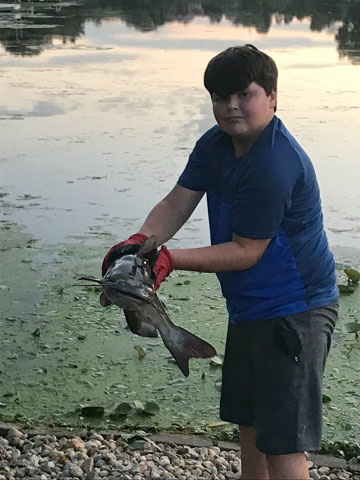
Carson’s Fishing Project
Carson’s interest in fishing began during previous trips to his grandparents’ farm in southern Missouri, where opportunities to fish in rivers and lakes are readily available. His first-hand experiences using worms and minnows for bait, and the excitement of catching a fish with his grandfather and then frying it for dinner, provided a tangible basis…
-
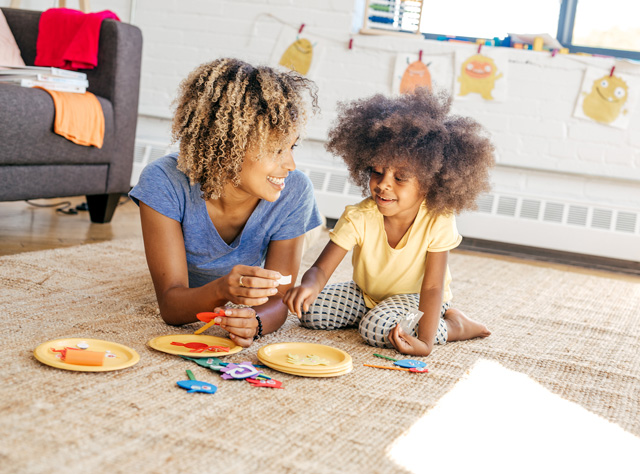
Play Along: Following Your Child’s Interests at Home
Young children love to play. Child-led and open-ended play helps young children develop and learn. Child-led means that the child chooses the activity or the topic and is the leader of the play. Leading play comes naturally to a young child. In this blog, we will describe some strategies for expanding a child’s play in…
-
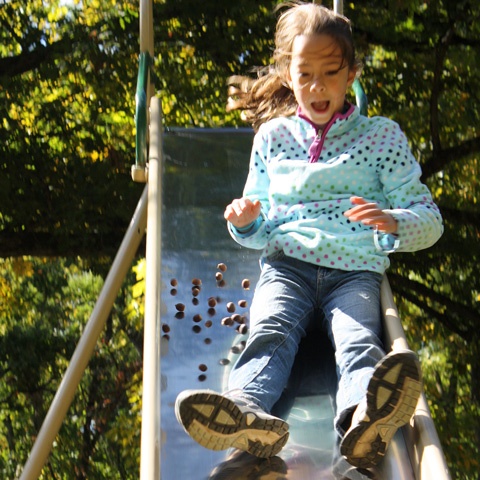
Nature Play: Loose Parts Are the Best Parts
As parents, we tend to focus on how many extracurricular activities our child is doing, thinkingthat the more they do the better their development will be. When chatting with friends, we tend to compare lists of activities as a sign of progress or accomplishment, such as “my child is doing piano lessons, tumbling, and ice…
-
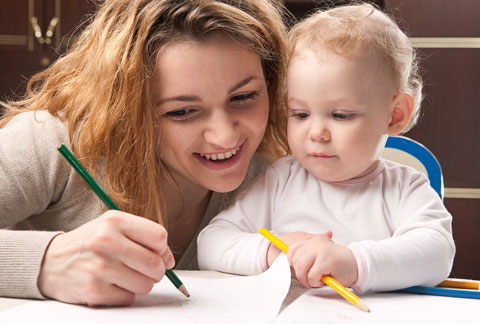
COVID-19 Parenting Pep Talk: Make Time for Connection
Before the COVID-19 situation, many of us, myself included, were used to taking our young children to childcare or preschool on working days. Now, we may be working from home or different hours, and we may have lost many of our predictable daily routines. In addition, many family, friends, and coworkers are no longer part…
-

Keep Young Children Learning at Home During Trying Times
Many families with young children are seeking resources about learning at home with young children as the COVID-19 situation evolves in our communities. This is a trying time for programs and families as they work together to keep young children safe, healthy, and learning.
-
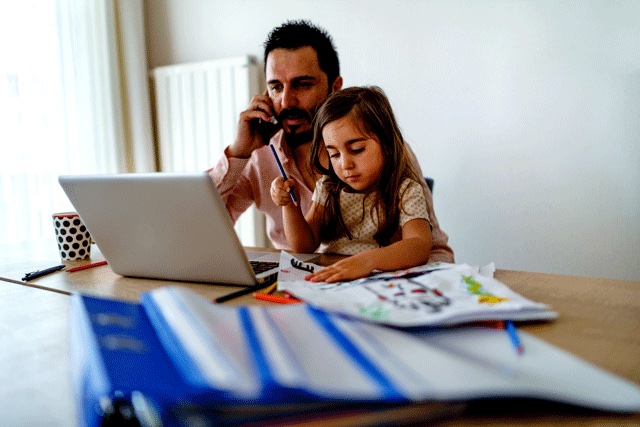
Learning at Home During Trying Times
Many families with young children are seeking resources about learning at home with young children as the COVID 19 situation evolves in our communities. This resource list provides information from the Illinois Early Learning Project and other reliable sources to help during this time.
-

Pass the Ball Versus Pass the Remote: Supporting Preschoolers’ Physical Activity
Nationally we have witnessed increased rates of childhood obesity and the use of technology by young children, which has resulted in less time engaged in physical activity.
-

Get Growing With Your Young Children
Spring is a wonderful time to “get growing” with young children. Children are eager to observe the outdoors during the change from winter to spring. Grass changing from brown to green and the buds appearing on the trees sparks children’s curiosity.
-

Attendance
This list contains resources to help providers address attendance issues.
-

Mathematize! (audio)
This podcast, based on a blog written by Dr. Rebecca Swartz, provides ideas for helping young children use mathematical thinking in everyday routines. To see the main text of the podcast, you can read the original blog post. Related IEL Resources Blog: Mathematize! Tip Sheet: Counting Up, Down, and All Around! Tip Sheet: Discover Shapes…
-

Doing Projects at Home
This list of resources provides helpful information for parents and caregivers about how to introduce activities which promote skill development at home.
-

Children’s Play – More than Fun and Games
This list contains a variety of resources which can aid teachers, parents, and caregiver in providing a diverse selection of play options for children which promote skill development.
-
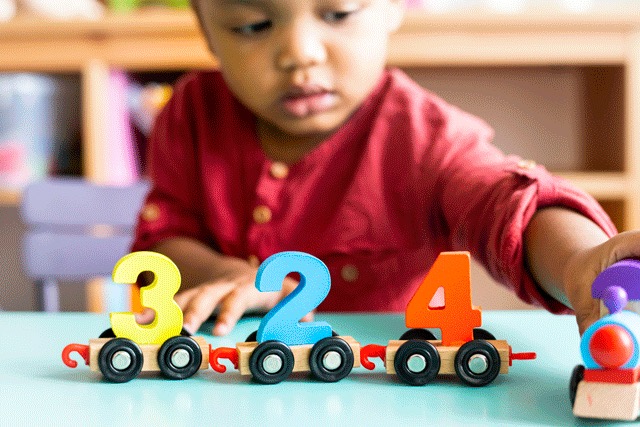
Mathematize!
One, two, three! Hearing young children begin to count is exciting! As families and caregivers listen to a child’s little voice say number words in order, they feel pride and joy in the child’s learning.
-
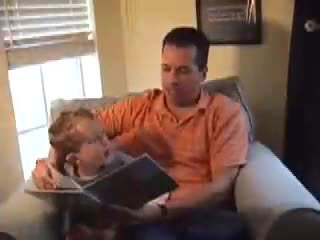
Reading Partners: Sharing the Lead in Storybook Reading
Bilingual couples often hope that their children will grow up fluent in each of their languages. Reading storybooks in both languages can help support this ability. This clip shows the benefits of repeated readings of a familiar book in both English and Spanish.
-
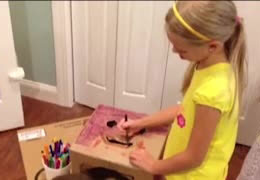
Pretend Play with Big Boxes
Pretend play is also called “make-believe,” “dramatic play,” or “symbolic play.” Pretend play contributes to young children’s development and well-being in a variety of ways. This video shows two examples of children’s pretend play.
-

Making Pizza Together
Preparing meals is part of the “real work” of family life. Preschoolers can help their parents fix simple foods. The whole family can benefit when parents involve preschoolers in cooking activities. Doing this kind of “real work” together gives family members something meaningful to talk about. It also gives children a chance to learn life…
-
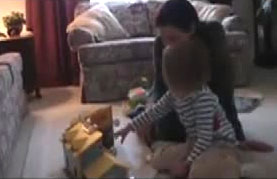
Going Camping
Three-year-old Ellie and her mother are playing with familiar toy family figures, a dollhouse, furniture, and a camper. By listening carefully to what Ellie says as they play, her mother discovers things that she can help Ellie understand in areas such as counting, good manners, and nutrition.
-
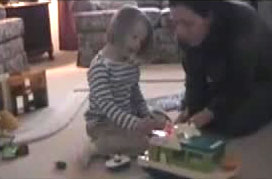
The Doggie and the Shark
In this clip, 3-year-old Ellie and her mother engage in pretend play with small figures and boats. Joining Ellie in pretend play allows her mother to model play skills, extend pretend play, help build vocabulary, and promote problem solving skills.
-
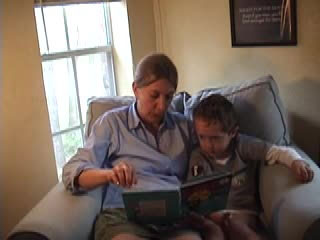
Connecting with Concepts and Skills
In this video Lisa models several ways you can help children connect with new vocabulary and concepts through reading their favorite books with them.
-

Building with Boxes
For families, flexible play materials have the advantage of usually being inexpensive compared with many other toys. They can be especially appropriate for mixed-age groups of children. Children can use them in ways that suit their interests and abilities.
-
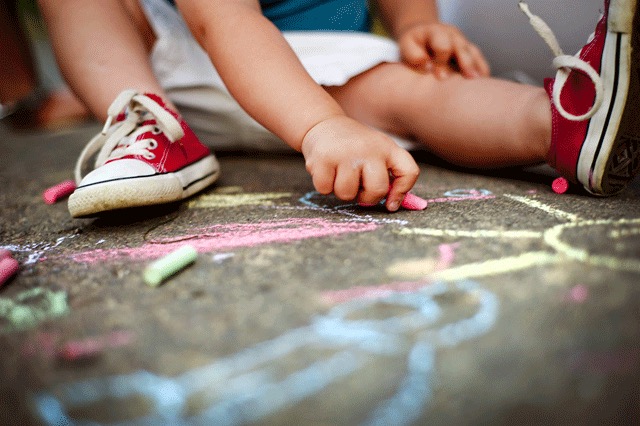
Out and About with Preschoolers: Visual Arts
Go ahead—take visual arts outside!
-
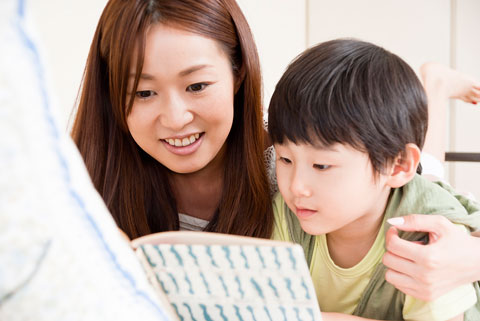
Sharing Informational Books With Young Children
This Q&A describes informational books and the many ways they can be shared with young children.
-
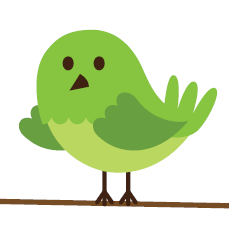
Making Sense of Numbers
Help your child discover the mathematical world by finding opportunities to bring numbers into conversations and play.
-

Feelings Are Fantastic
Children are learning the words to express their feelings and how to show feelings in appropriate ways. Here are some ways you can help them to be successful as they learn these important skills.
-

Discover Shapes in Many Places
Understanding shapes is an important mathematical skill for young children to develop.
-

Summer Language Learning in Community Settings
As the weather warms up, DLLs, their families, and caregivers have many opportunities to spend time together out in the community.
-
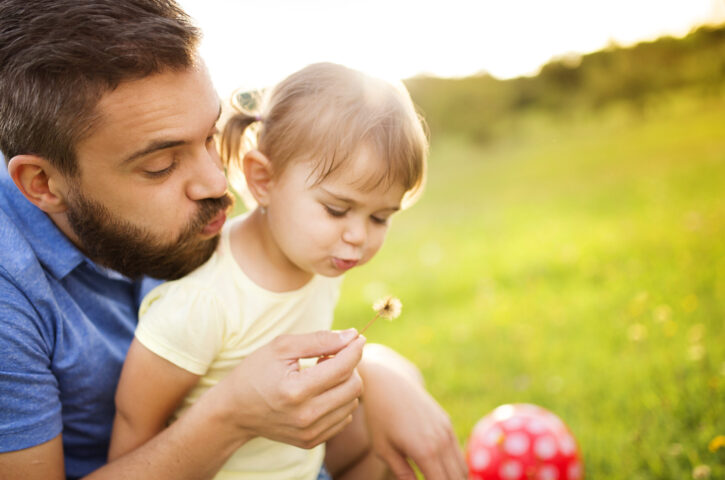
Go Outdoors and Explore: Build Upon Young Children’s Natural Curiosity
When we talk about curiosity in young children, we are referring to their desire to learn about their world. Outdoor spaces are of full of opportunities for discovery. Children can explore the natural environment as well as the “built” environment.
-

Things to Do While You’re Waiting: Get Physical
Sometimes hugging is the best physical activity.
-
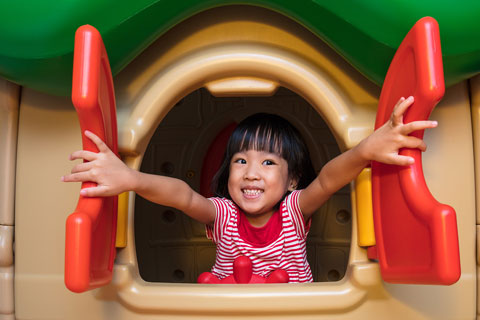
Time to Play, Time to Dream: Unscheduling Your Child
Would you be surprised to find your child’s day is as hectic as your own?
-

IEL Tip Sheets: Family Fun!
The IEL website hosts more than 180 Tip Sheets written for parents, teachers, and caregivers of young children. They present helpful suggestions and information on children’s social and emotional development as well as physical development and health.




